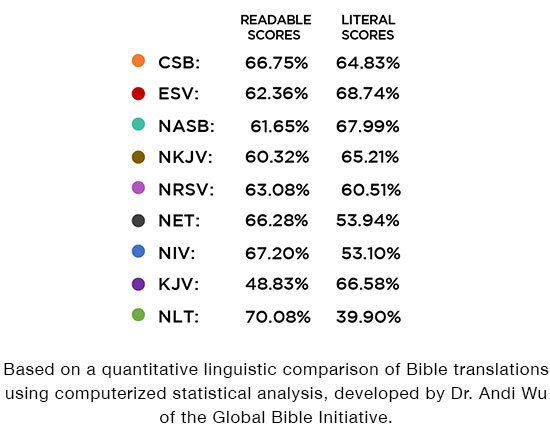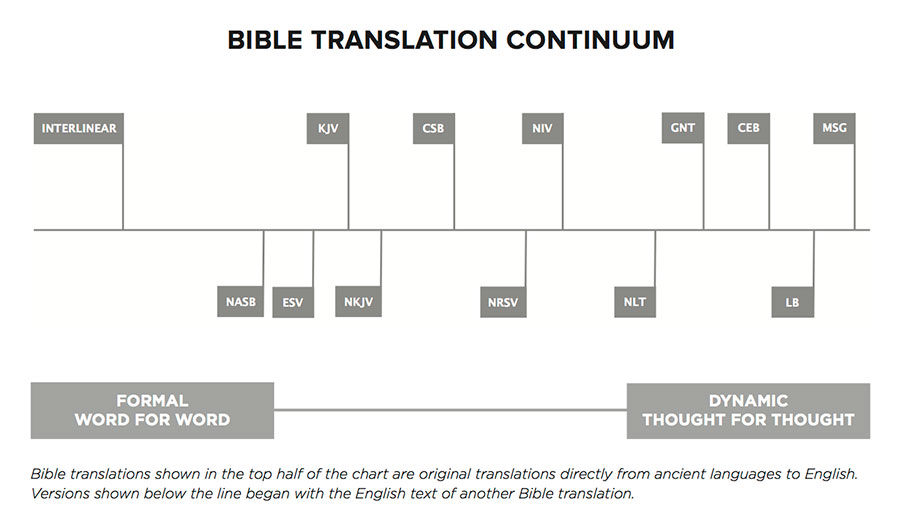arapahoepark
Puritan Board Professor
I am curious as to the most literal yet, understandable translation? Is the KJV like that? I listen to James White ,though perhaps he goes against those who are KJV Onlyists and he makes it sound like KJV is in some sense like an equivalent translation. (Please no textual discussion or White in this thread).
I got the NET on my kindle and while Dan Wallace calls it the most accurate it is also not the most literal according to the notes which baffles me.
I got the NET on my kindle and while Dan Wallace calls it the most accurate it is also not the most literal according to the notes which baffles me.




